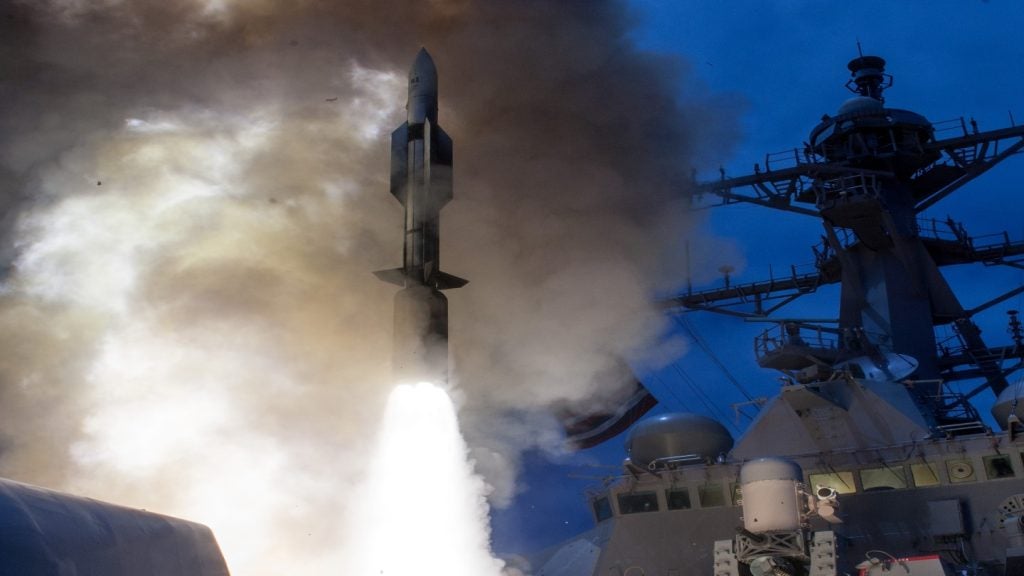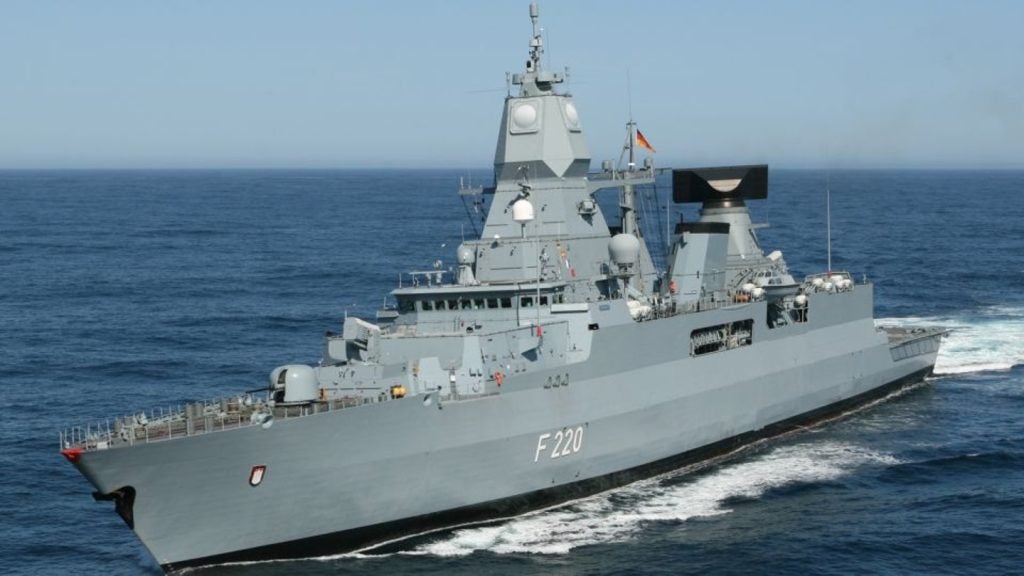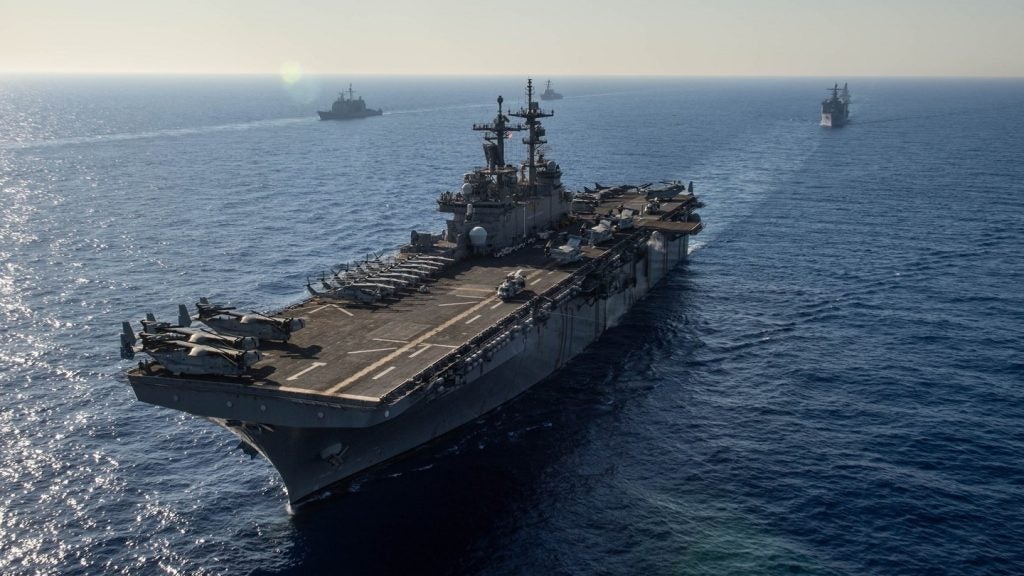The US Office of Naval Research (ONR) has launched a study to look at the next-generation of avatars, robots and other human surrogates for military training.
The research forms part of the ONR’s Human Surrogate Interaction programme, which is a three-year study on the interaction of humans with virtual avatars, physical animatronics and other surrogates.
Researchers at the University of Central Florida, US, are testing a human surrogate, controlled by a human operator in another location, which will greet and interact with people.
ONR programme officer Dr Peter Squire said: "[US] Marine Corps training concepts continue to merge virtual and live components to create the most realistic, effective and affordable training for marines.
"The way people react to and interact with the different surrogates in this study is crucial to understanding how we can improve our military training systems."
Results from the study will assist in demonstrating the deployment of surrogates in further complex situations, such as the infantry immersion trainer.
With support from the ONR, researchers are also working on the avatar mediated interactive training and individualised experience system (AMITIES), which aims to enable actors to inhabit and control a range of robots by a single human through a specialised handheld user interface and head-tracking software.
The human controller can be located anywhere and can quickly switch between characters and training sites when required.
Squire added: "If human role players are not available because of cost or other reasons, this research will help us understand the type of surrogate to replace them with, so that the level of training is not diminished.








